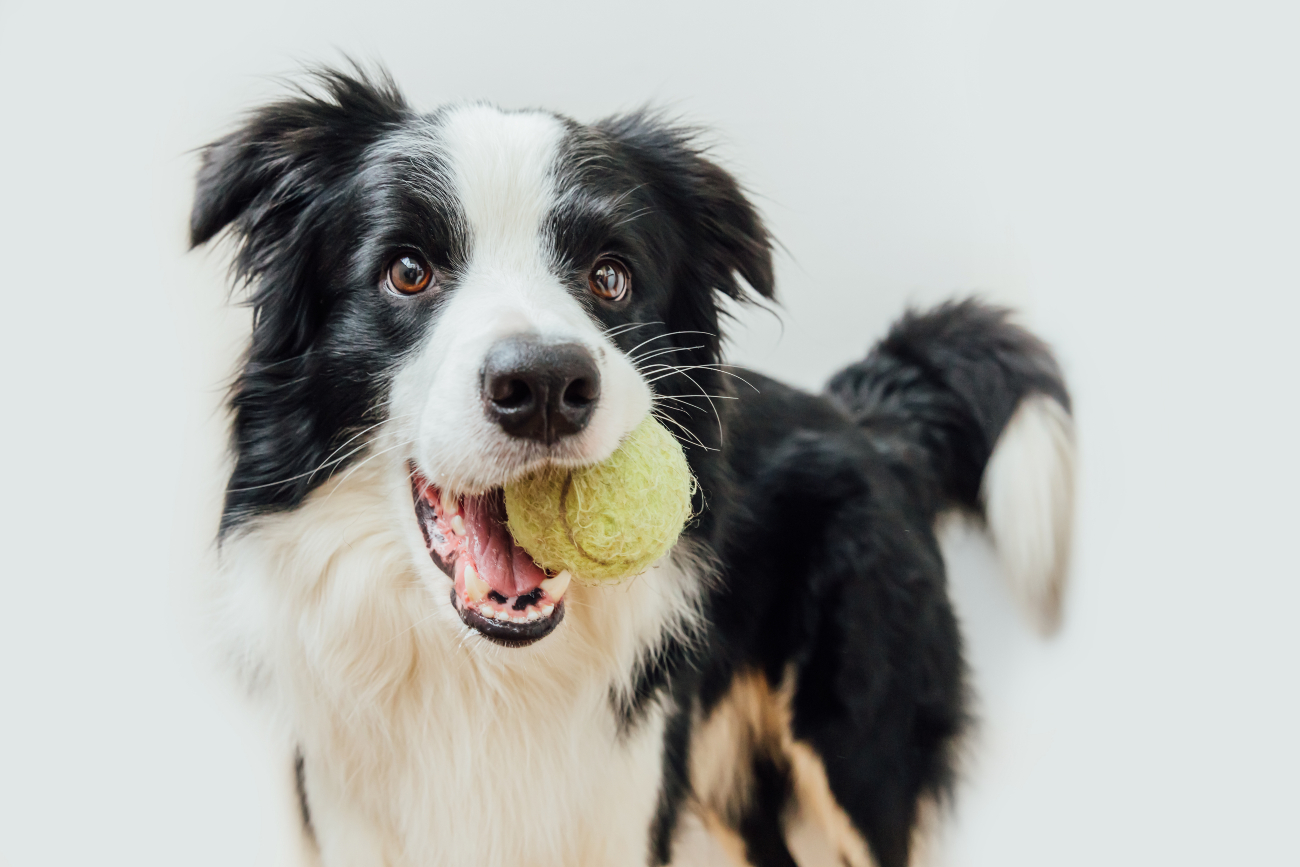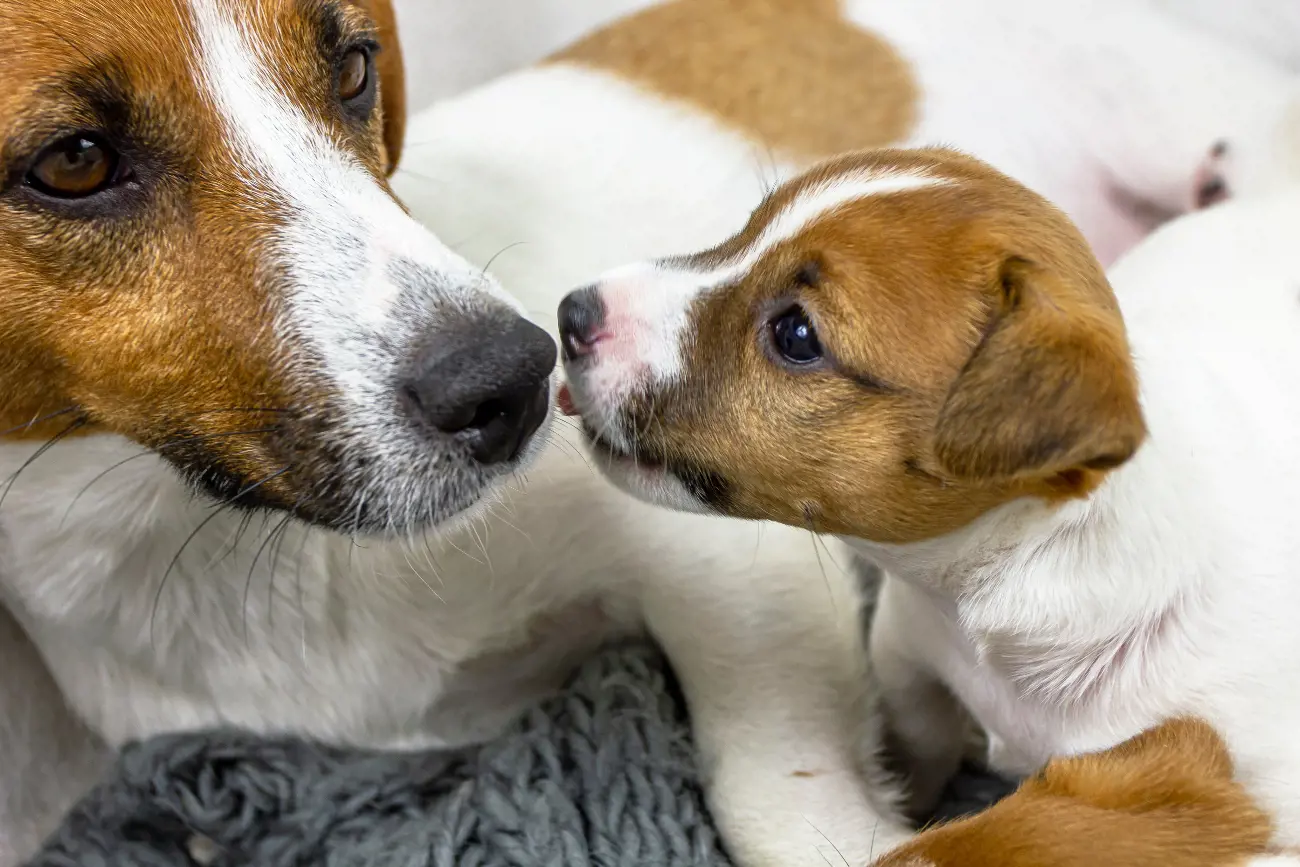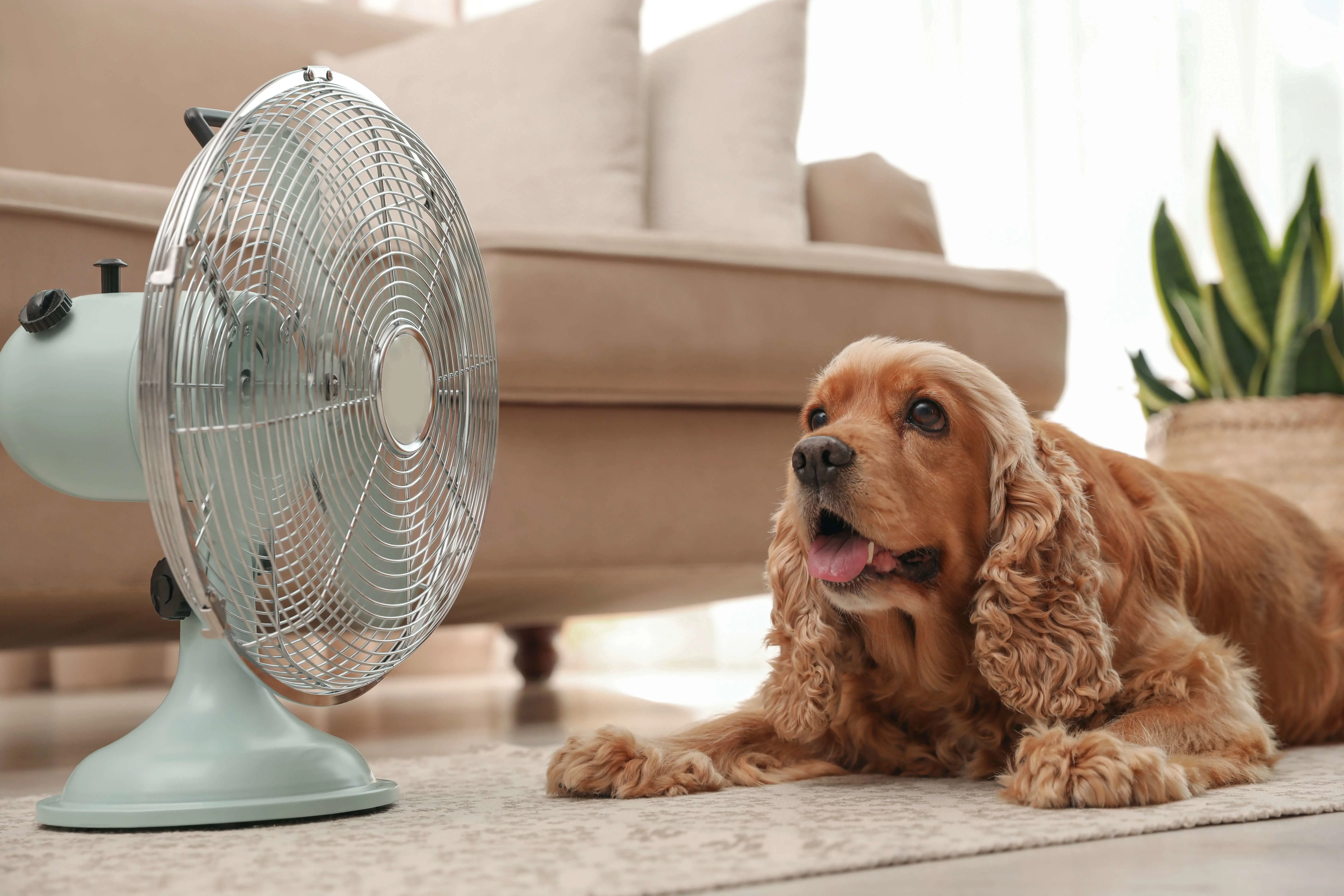Adopting a dog from abroad? Make sure you follow the rules
21st January, 2020

Rescue dogs coming into the UK may be missing out on important additional checks, new research suggests.
Many owners of overseas rescue dogs believe they arrive through the European Union Pet Travel Scheme, which is intended only for pets of known health history travelling with their owner.
Rescue dogs should instead be imported under the EU Balai Directive, which requires more stringent health and background checks and an Intra Trade Animal Health Certificate, the University of Liverpool explained.
The online survey was completed by more than 3,000 people who had adopted a rescue dog from abroad, with the responses covering the import of 81 different breeds from 44 countries.
Of these, 34% were imported from Romania, followed by Cyprus (22%) and Spain (19%). Most (92%) respondents said they had adopted a rescue dog through an organisation, 40% of which were based abroad.

Findings published in the journal Vet Record show that most owners thought their dogs had been put up for adoption after being found on the street (61%).
The rest had been rescued from animal cruelty, given to a shelter by their previous owners, or born in a dog shelter, and 1% had been rescued from the dog meat trade.
Asked about the process of bringing their pet to the UK, owners said that most of the dogs (89%) had been imported through the EU Pet Travel Scheme.
Only 1% of respondents indicated the EU Balai Directive, despite one in five saying they had looked at UK government website information on the correct procedures. A further 8% of respondents didn’t know which method had been used.
While emphasising that the survey responses can’t be objectively confirmed, the researchers warned they nonetheless indicate a lack of understanding (or application) of the laws relating to the importation of rescue dogs from abroad.
They went on to call for clear guidelines on animal travel laws and stricter checks on imported rescue dogs “to ensure protection against the importation of exotic diseases that pose a risk to animal and human health in the UK”.
Lead researcher Dr Carri Westgarth said: “Clearly these animals need our help and can, in many circumstances, make great pets. However, some owners have also experienced serious health and behavioural issues and the risk of accidentally importing exotic disease into the UK needs managing better. I would advise potential adopters to adopt through a reputable organisation that they have thoroughly researched is using the correct importation procedures.”
Whether you bought or adopted your four-legged friend, protect your pet and your finances with with dog insurance from Purely Pets!
Helpful Pages
Recent Posts
Pet Insurance Quote
- 98% claims paid *
- Claims paid directly to vets
- 24/7 vet video consultations
- Interest free monthly payments




